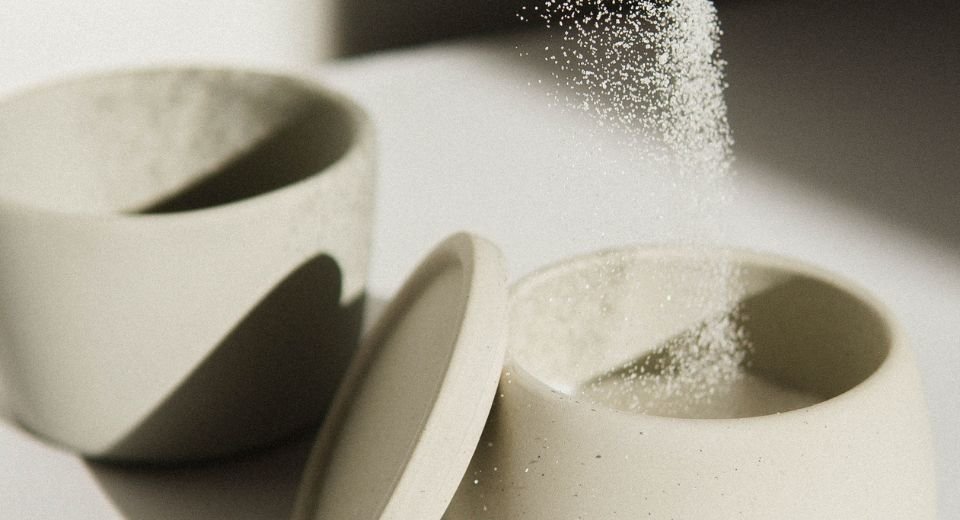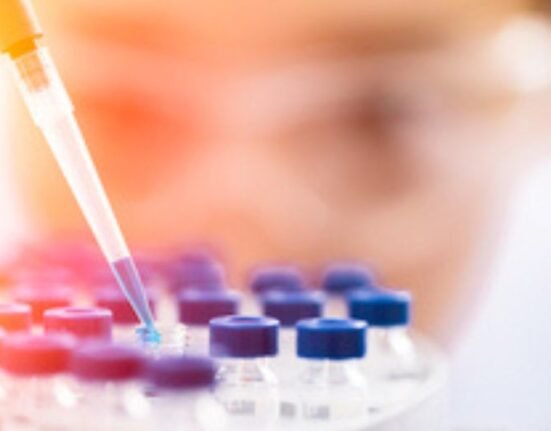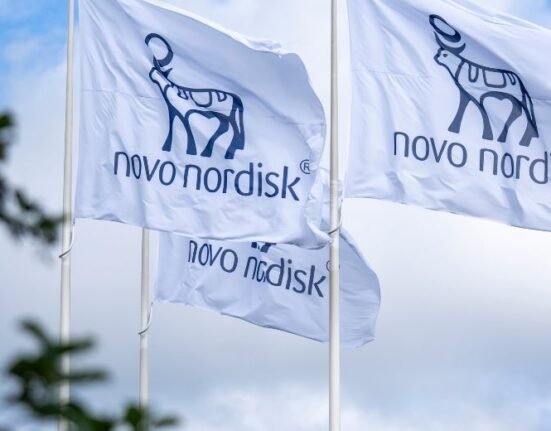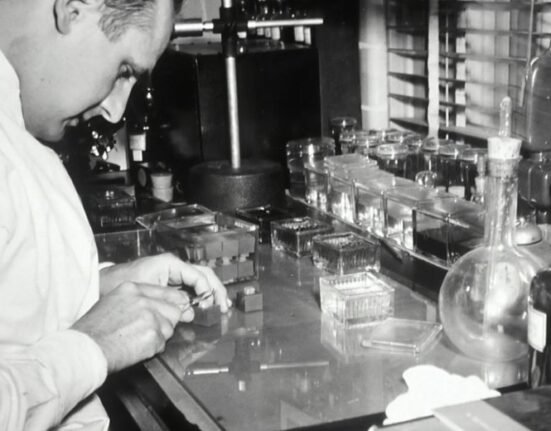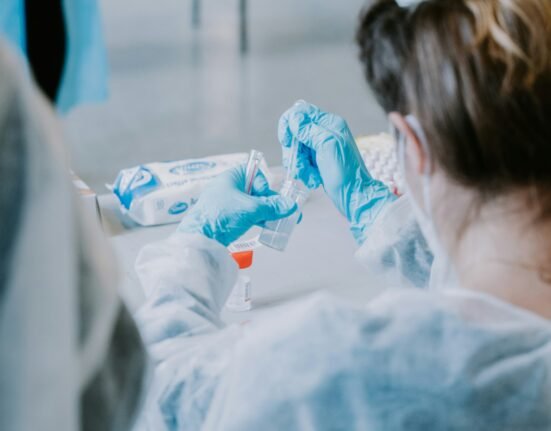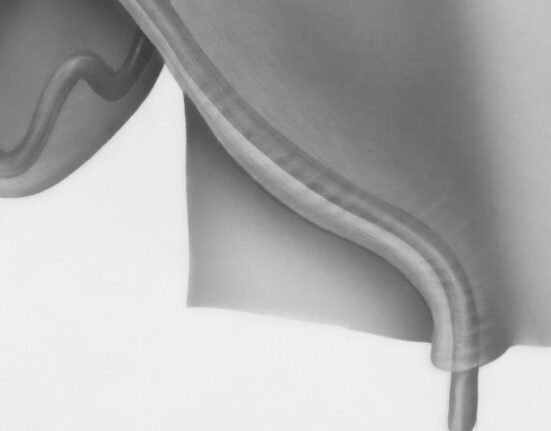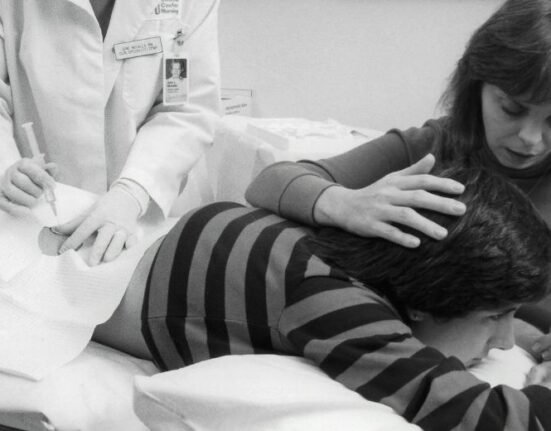HQ Team
June 30, 2023: Artificial sweetener, sucralose, is “genotoxic” as it breaks up the DNA and causes damage to the gut lining resulting in a ‘leaky gut,’ a study reveals.
Researchers at North Carolina State University found a chemical, sucralose-6-acetate, in the sweetener, caused an increase in gene activity linked to oxidative stress, inflammation, and carcinogenicity.
Previous work by the same research team established that several fat-soluble compounds were produced in the gut after sucralose ingestion.
One of these compounds is sucralose-6-acetate.
“Our new work establishes that sucralose-6-acetate is genotoxic,” said Susan Schiffman, corresponding author of the study and an adjunct professor at the biomedical engineering department of NC State University.
Off-the-shelf
“We also found that trace amounts of sucralose-6-acetate can be found in off-the-shelf sucralose, even before it is consumed and metabolized.”
“We found that gut cells exposed to sucralose-6-acetate had increased activity of genes related to oxidative stress, inflammation, and carcinogenicity,” said Ms Schiffman.
The European Food Safety Authority has a threshold of toxicological concern for all genotoxic substances of 0.15 micrograms per person per day.
“Our work suggests that the trace amounts of sucralose-6-acetate in a single, daily sucralose-sweetened drink exceed that threshold.
Leaky gut
“And that’s not even accounting for the amount of sucralose-6-acetate produced as metabolites after people consume sucralose.”
The study concluded that sucralose-6-acetate was genotoxic and that “it effectively broke up DNA in cells exposed to the chemical.”
Other studies have found that sucralose could adversely affect gut health. So the team wanted to investigate the issue further.
“When we exposed sucralose and sucralose-6-acetate to gut epithelial tissues – the tissue that lines your gut wall – we found that both chemicals cause ‘leaky gut’,” Ms Schiffman said.
“They make the wall of the gut more permeable. The chemicals damage the ‘tight junctions,’ or interfaces, where cells in the gut wall connect.
“A leaky gut is problematic because it means that things that would normally be flushed out of the body in feces are instead leaking out of the gut and being absorbed into the bloodstream,” Ms Schiffman said.
Regulatory status
The study raises a host of concerns about the potential health effects associated with sucralose and its metabolites.
“It’s time to revisit the safety and regulatory status of sucralose because the evidence is mounting that it carries significant risks.”
The study was published in the Journal of Toxicology and Environmental Health, Part B.
The US Food and Drug Administration approved sucralose for use in food as a sweetener and is marketed under the brand name Splenda.
Sucralose is about 600 times sweeter than table sugar.
The FDA regulates sucralose as a food additive. The FDA approved sucralose for use in 15 food categories in 1998 and for use as a general-purpose sweetener for foods in 1999, under certain conditions of use.
Chewing gum, dairy desserts
Sucralose is a general-purpose sweetener found in various foods, including baked goods, beverages, chewing gum, gelatins, and frozen dairy desserts.
It is heat stable, meaning it stays sweet, even when used at high temperatures during baking, making it suitable as a sugar substitute in baked goods.
To determine the safety of sucralose, the FDA reviewed more than 110 studies designed to identify possible toxic effects, including studies on the reproductive and nervous systems, carcinogenicity, and metabolism.
The FDA also reviewed, human clinical trials to address metabolism and its effects on patients with diabetes.


